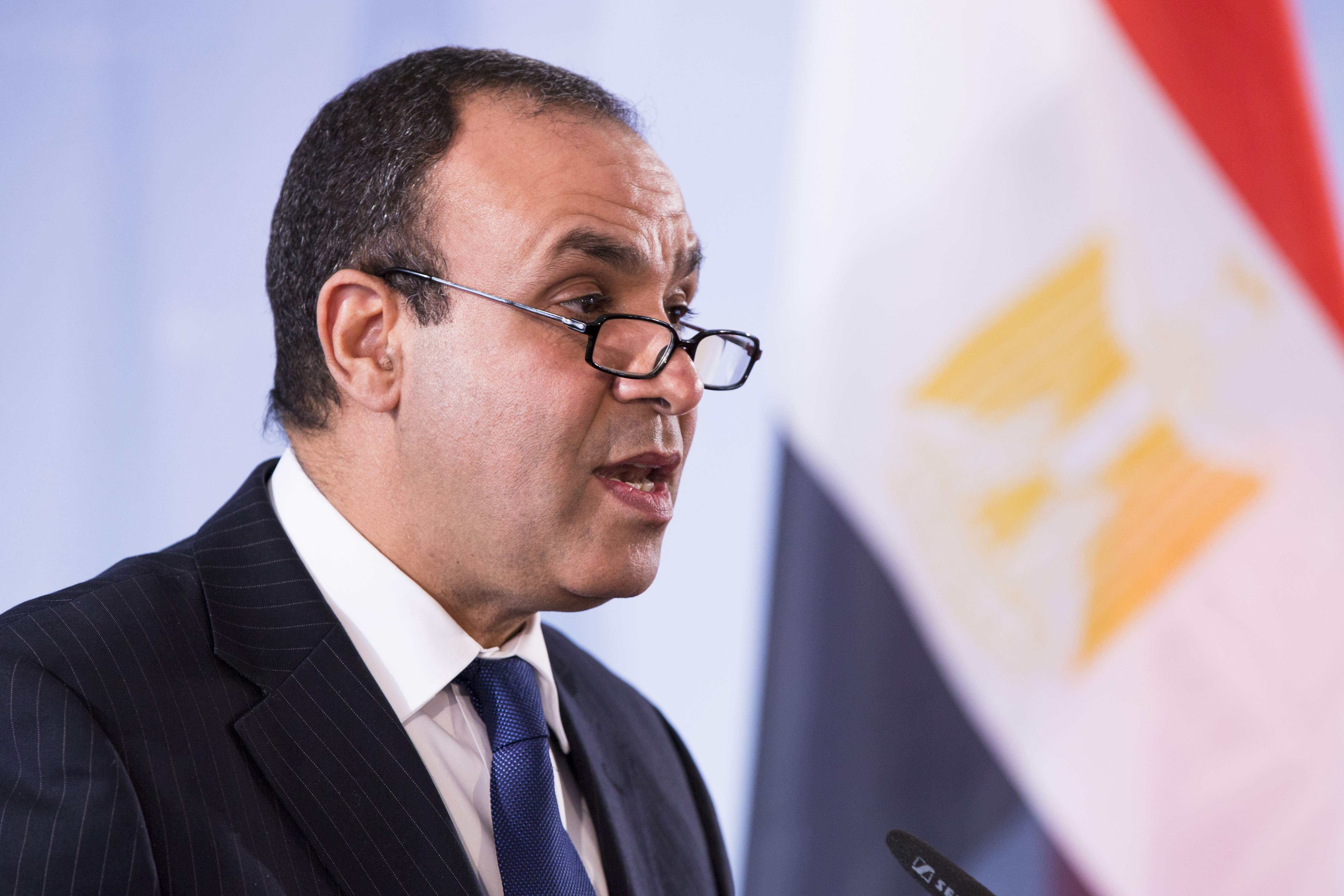Egypt Announces Arab-Islamic Consensus for International Force to Monitor Gaza Ceasefire

Egypt's Foreign Minister, Badr Abdel Aty, has announced a consensus among Arab and Islamic countries to form an international stabilization force in the Gaza Strip. The primary role of this force will be to monitor and ensure the implementation of the ceasefire agreement.
During a media briefing, Minister Abdel Aty stated, "There is an Arab-Islamic agreement regarding the international stabilization force in Gaza," and explained that its responsibilities will include overseeing the ceasefire in the region.
He assessed Egypt's diplomatic efforts, claiming the country has made a "significant breakthrough" in halting what he termed the "genocide war in Gaza," labeling it a "historic achievement" and affirming Egypt's commitment to advancing the agreement's implementation.
The minister reiterated Egypt's strong stance on Palestinian territorial unity, asserting, "Egypt opposes any attempts to divide the region," and emphasized that "Gaza will remain a unified entity, and we will not accept any division."
Abdel Aty expressed support for President Donald Trump's plan, which maintains Gaza as a single entity, and stated that the overarching goal of Egyptian, Arab, and Islamic efforts is to achieve a two-state solution.
He outlined forthcoming steps, indicating that Egypt is focused on stabilizing the ceasefire and, following the delivery of deceased individuals, will proceed to the next phase.
The minister also addressed concerns over Israeli reports regarding plans to rebuild areas behind the "yellow line," which have sparked fears of creating two separate entities in the region, potentially undermining the comprehensive truce agreement established in Sharm El-Sheikh. Military and diplomatic sources suggest that Israel may aim to solidify this temporary military situation, likening the proposed division to a modern-day "Berlin Wall."
Abdel Aty also highlighted Egypt's commitment to addressing the conflict in Sudan, stating that halting the ongoing war is a top priority. He asserted that there is no military solution to the crisis and emphasized coordination to prevent the flow of weapons into Sudan through neighboring borders.
He concluded by noting Egypt's efforts to bolster cooperation among African nations and the quadripartite mechanism, as well as support for Sahel countries and Chad in combating terrorism and extremist ideologies.
